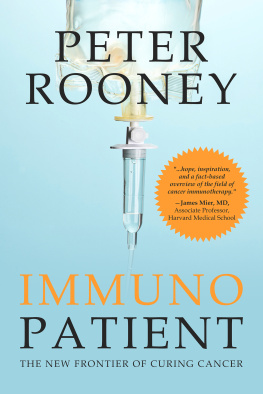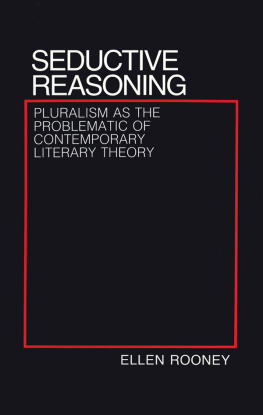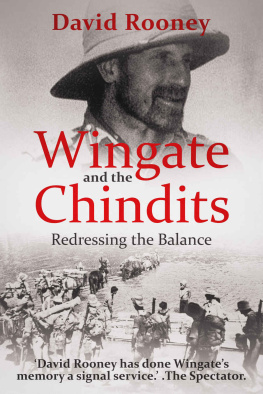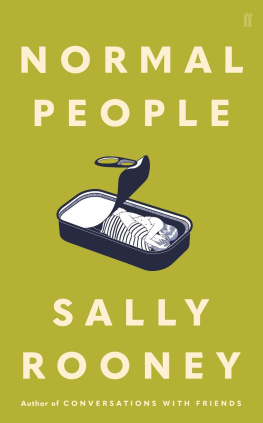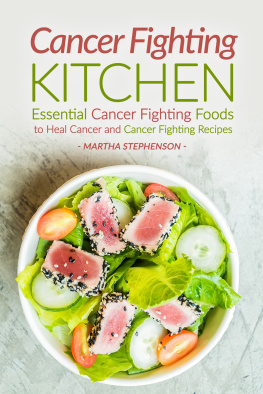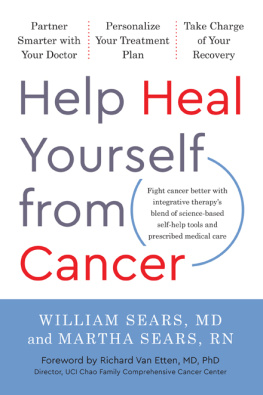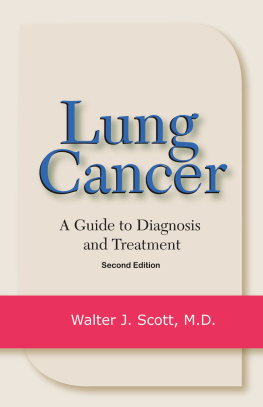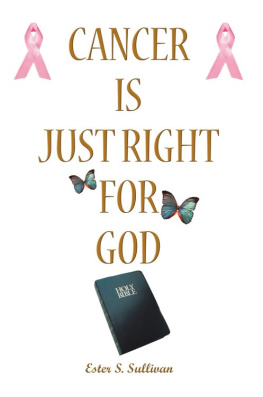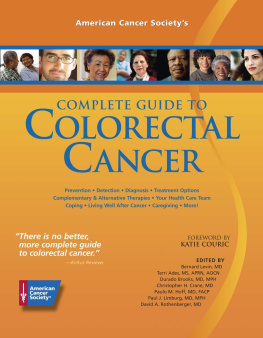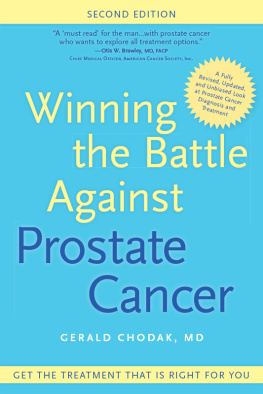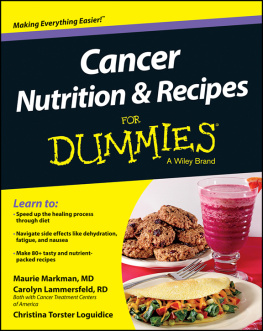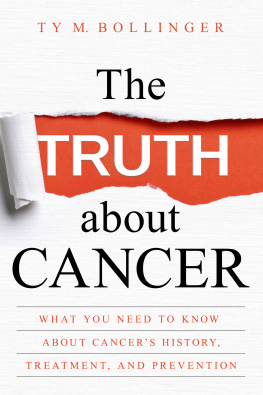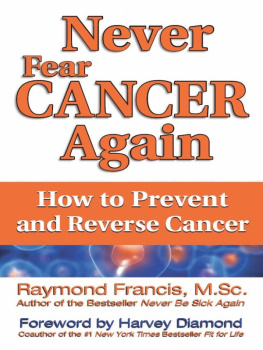Immunopatient guides the reader through the new world of cancer immunotherapy... Anyone seeking to better understand immunotherapy will find this book to be compelling reading and a valuable roadmap.
Written by a patient who has witnessed first-hand the evolution of cytokine therapy and the development of the new immune checkpoint inhibitors now widely advertised as a breakthrough in the management of advanced cancer, Immunopatient provides the reader with hope, inspiration, and a fact-based overview of the field of cancer immunotherapy.
In the cancer community we become family, confidantes, and co-conspirators against this disease that has us or our loved ones in its grasp. Immunopatient brings you into this world at a time when hopes have never been higher. Peter explains how and why in his gripping, heartfelt, deeply personal story. Read it.
Hatherleigh Press is committed to preserving and protecting the natural resources of the earth. Environmentally responsible and sustainable practices are embraced within the companys mission statement.
Visit us at www.hatherleighpress.com and register online for free offers, discounts, special events, and more.
Immunopatient
Text Copyright 2017 Peter Rooney
Library of Congress Cataloging-in-Publication Data is available.
ISBN: 978-1-57826-714-9
All rights reserved. No part of this book may be reproduced, stored in a retrieval system, or transmitted, in any form or by any means, electronic or otherwise, without written permission from the publisher.
Printed in the United States
10 9 8 7 6 5 4 3 2 1
eBooks created by www.ebookconversion.com
To Katharina, my brave and kind wife,
I am eternally grateful for your
unstinting love and support.
Contents
AUTHORS NOTE
Conversations in this book are depicted as accurately as possible, based upon memory, notes, and, in some cases, recordings. Some names and other identifying characteristics have been changed to protect the privacy of individuals.
Prologue
Rube Goldberg on a Drunken Bender, or How I Hope my Immune System Fights Cancer
T wo days before Thanksgiving, Dr. James Mier called to tell me I had two new brain tumors.
He delivered the bad news as gently as possible the tumors were extremely small, they could easily be zapped with high-dose radiation, and if all went well, Id be cancer-free once again. But still, two new brain tumors? I had made so much progress fighting cancer over the last four years, but once again, reality was intruding on my plans for healing.
I did the best I could to take Dr. Mier at his wordhe would know better than me, after allbut a question kept nagging at me. A question whose answer would have much further-reaching effects on my life and my treatment than I would have ever imagined.
Does my immune system work in the brain the same way it works in the rest of my body?
Dr. Mier said that, while he didnt know the answer to that question, he was inclined to think it didnt.
Ive always been a little doubtful, he explained. If the immune system could get into the brain that easily, wed all have MS by now. But you shouldnt be discouraged. The good news is theres no evidence of cancer in the rest of your body, which could very well mean there arent any cancer cells to travel to the brain and seed more tumors.
My reaction was, as you might expect, less than thrilled. Cancer-free from the neck down is great and all, I said, but I was hoping the news would be even better.
I wouldnt be so quick to assume that the news wont be as good as all that in the future, Dr. Mier replied. Remember, these small brain tumors are very receptive to radiation, and there may very well be an immune response. We just dont know yet.
I paused to think for a moment before asking, Do you think Gordon Freeman would know?
Dr. Mier paused as well before cautiously saying, He might. If anybody would know, he would.
Id first heard the name Gordon Freeman about a year earlier, while basking in the afterglow of a clean scan report.
If you had to pick one person to thank for this, Dr. Mier remarked while reviewing the test results with me, it would have to be Gordon Freeman at the Farber. Dr. Mier wore a tie and a plaid shirt beneath the traditional physicians uniform of a white laboratory coat, his name stitched in blue cursive on the left breast pocket.
Who? I asked.
Gordon Freeman. Hes your typical science geek. I get the sense that he doesnt realize how important his work is going to be, but people are already talking about a Nobel Prize for this new therapy of his. And not just for developing the therapeutics, but for elucidating the pathway where the immune system just dials itself down.
Is he a pure researcher, or does he see patients? I asked.
He wouldnt know what a patient is, Dr. Mier replied as he signed off on the paperwork that gave the green light for the hospital pharmacy to create a dose of my experimental cancer treatment. Hes a hardcore molecular biologist.
Dr. Miers eyes seemed to glow as he went on to describe exactly why pure research science is so crucial to the eventual development of drugs that may one day cure cancer. Youre working on something, by yourself, all the time with no idea whether itll be important or not, he said. Of course, a lot of hard work gets wasted or thrown into the waste basket because the basic idea is already incorrect. Thats the nature of experimentation. But if youre fortunate enough to work on something that pans out in a major way, the value of that contribution is remarkable. And I think the Nobel committee may someday recognize that.
Dr. Miers words resonated with me that day, and when I returned home I sent Freeman a holiday card in which I thanked him for his research. After all, it had led to a treatment I considered almost miraculous.
Almost a year later, with my original cancer still in remission, I sent Freeman an email, wondering whether he remembered the card and whether he might be willing to meet with me.
I now knew that Freeman was one of four scientists with a background in immunology who collaborated and competed, preferring to zig together in their research pursuits where so many others were zagging, and who were now being credited for their unique insightsinsights which were yielding a wave of promising new cancer treatments.
Freeman quickly agreed to meet with me. It turned out he both remembered and appreciated my card from the year before. We settled on a date and time to meet in person, shortly after which I received the news about my two new brain tumors. Suddenly, what I had originally envisioned as a more detached conversation between a cancer survivor and a leading immunologist had become more urgent.
The poet Emily Dickinson calls hope the thing with feathers, perhaps because the feeling itself can be so light and fleeting.
I was becoming increasingly worried by the information I was finding online about my prospective treatment options. What I read suggested that the various types of white blood cells that constitute the bodys immune system dont easily pass through the blood-brain barrier.

